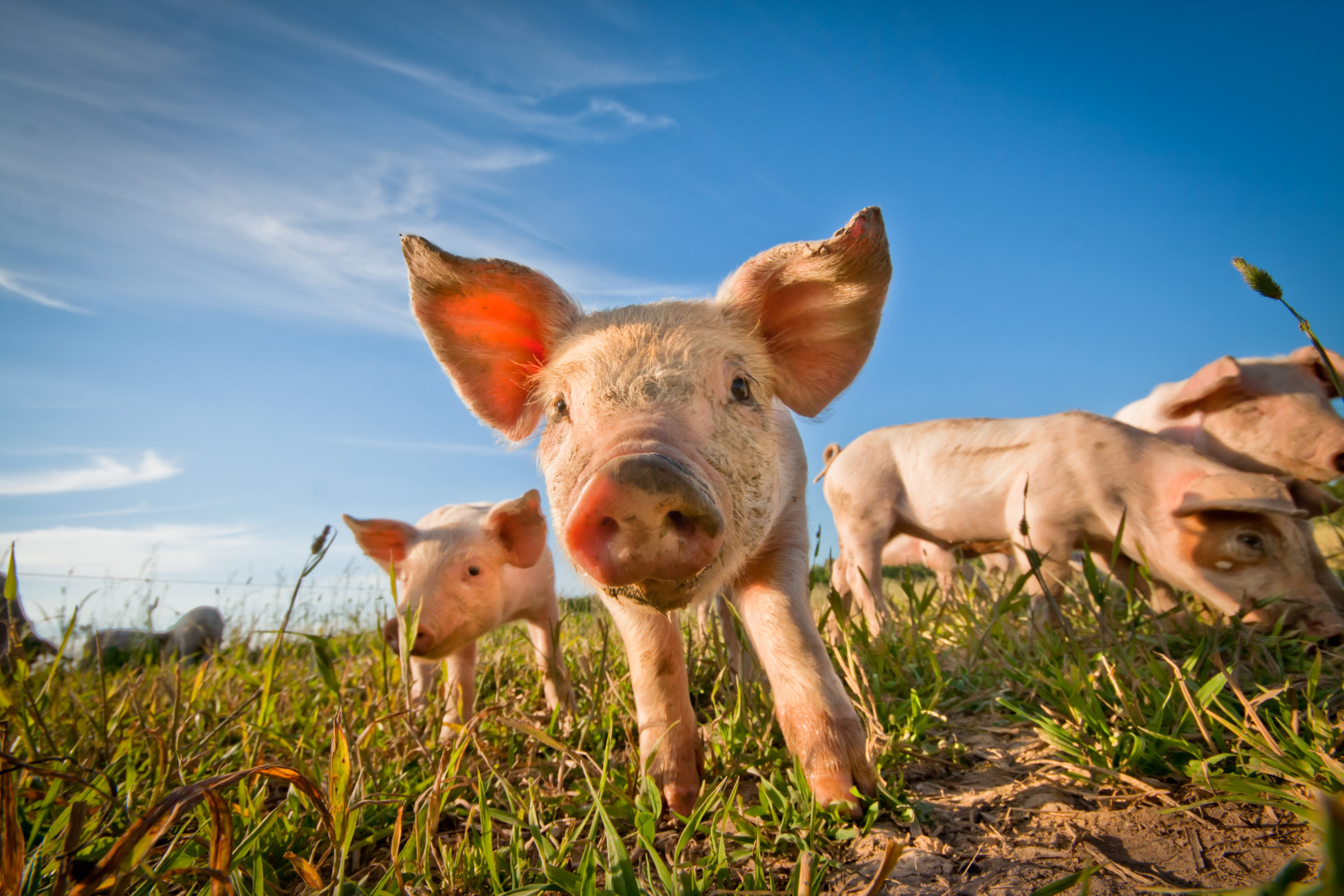Saving Humans Is More Important Than Saving Pigs
Originally published at National ReviewThe chronic shortage of organs for transplantation has some bioethicists supporting unethical curatives, such as doing away with the dead-donor rule, allowing organ procurement to be not only paired with euthanasia — already being done in Canada, Belgium, and the Netherlands — but also used as a means of euthanasia, and even allowing healthy people to consent to donating their vital organs.
But another potential avenue of increasing the supply of organs — xenotransplantation — is not, in my view, morally problematic in the least. The idea is to genetically alter pigs or baboons to make their organs compatible for use in human beings. This has now been done successfully for a second time in a human research subject. From the BioEdge story:
A 58-year-old patient with terminal heart disease became the second patient in the world to receive a successful transplant of a genetically-modified pig heart on September 20. He is currently breathing on his own, and his heart is functioning well without any assistance from supportive devices. Both surgeries were performed at the University of Maryland Medical Center.
The first surgery, in January 2022, was conducted on David Bennett who died a couple of months later.
The second patient, Lawrence Faucette, had end-stage heart disease. He was deemed ineligible for a traditional transplant due to his pre-existing peripheral vascular disease and complications with internal bleeding. “At least now I have hope and I have a chance,” Mr Faucette said before the surgery. “I will fight tooth and nail for every breath I can take.”
Let’s hope the pig’s sacrifice grants Faucette many years.
But not everyone sees these potentially life-saving strides as beneficial. And no, I am not referring just to animal-rights ideologues who would say that no animal should ever be sacrificed to save a human life because, well, “a rat is a pig is a dog is a boy.”
Mainstream bioethics has also caused great moral confusion in this regard. The field has — for decades — sought to deconstruct human exceptionalism by claiming that species membership is irrelevant to moral worth. Rather, what matters is “quality of life,” by which advocates usually mean cognitive capacities. Thus, Peter Singer has notoriously suggested that cognitively disabled humans — whom he denigrates as “non-persons” — should be used, in important medical experiments, instead of chimps or other animals that have sufficient awareness to be categorized as “persons.”
It isn’t just Singer. This idea has been posed by some of the field’s major luminaries, such as Tom Beauchamp, co-author of The Principles of Biomedical Ethics, a standard bioethics textbook. Indeed, Beauchamp wrote back in the 1990s that “because many humans lack properties of personhood or are less than full persons, they . . . might be aggressively used as human research subjects or sources of organs.” Yikes.
Along these lines, the BioEdge story quotes Cornell bioethicist Franklin G. Miller, who argues that greater consideration should be paid to the value of pigs and baboons when pondering the ethics of xenotransplantation.
Worthy of greater attention are reflection on whether the potential benefits of xenotransplantation are worth the costs, promoting effective measures to prevent chronic diseases that give rise to the need for transplantation, as well as the challenging question of whether the promise of xenotransplantation justifies the harmful treatment of pigs and baboons in pursuit of this innovation.
In less morally confused times than ours, the answer to that last question would be clear, even self-evident. Yes. The “grim good” of experimenting on and using pigs as donors to save human lives “justifies the harmful treatment of pigs and baboons” morally (assuming humane procedures). The lives of human beings are unquantifiably more important than those of pigs. Besides, most of us love bacon: If we can eat pigs, surely we can benefit from their hearts.
Potential safety issues, such as a porcine virus crossing the species barrier — which involve human risk versus human benefit — are a different story and require great care. But if these issues can be overcome convincingly, I say bring on the pig hearts and kidneys! Human lives hang in the balance.
